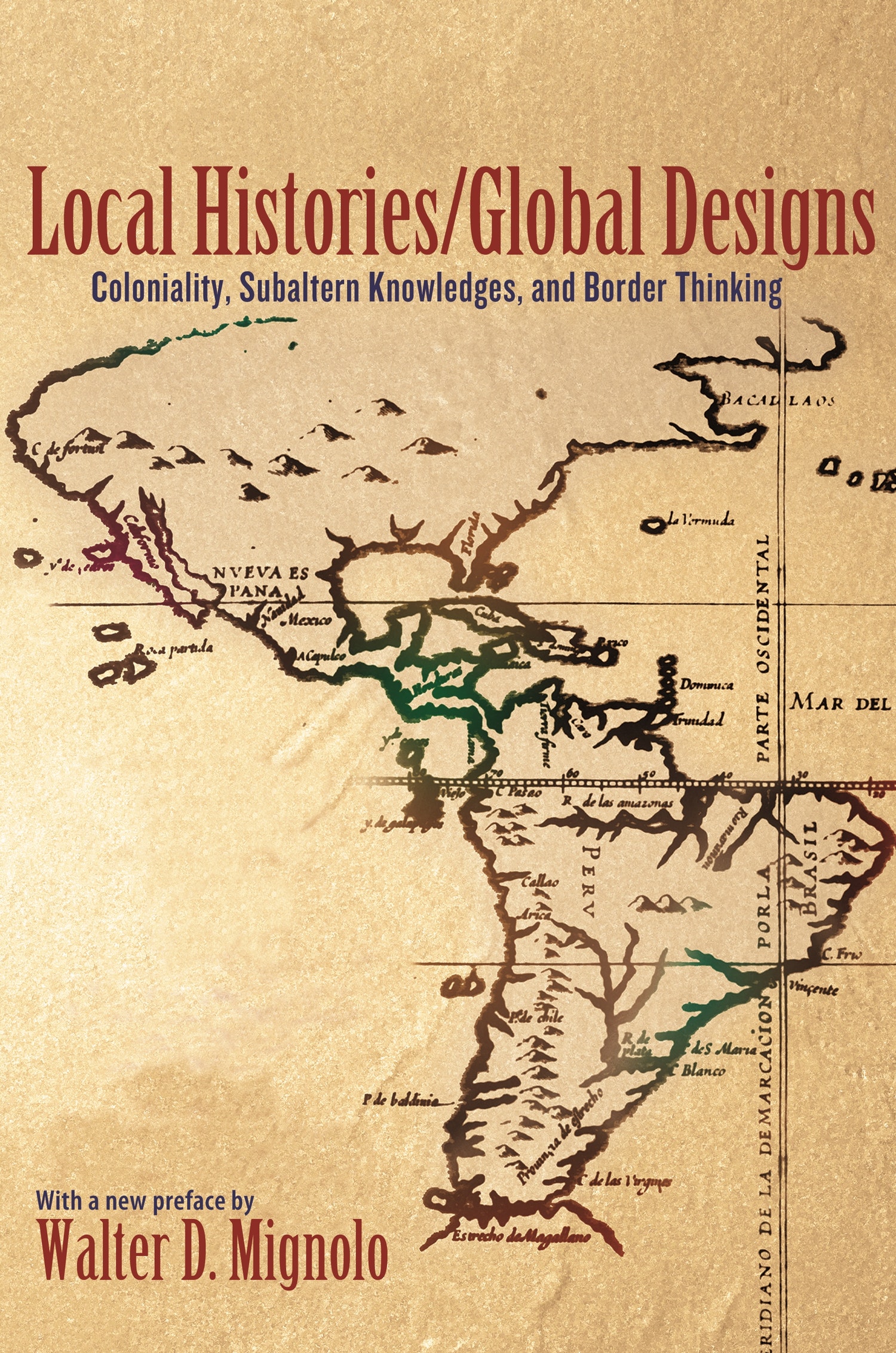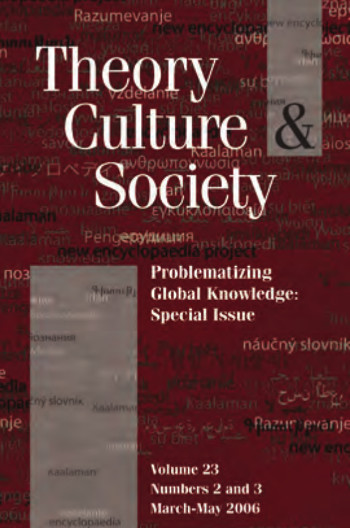Gene Kogan, Francis Tseng: Machine Learning for Artists (2016–)
Filed under handbook | Tags: · art, artificial intelligence, code, deep learning, generativity, language, machine learning, neural networks, programming, software, style

“This is an in-development book about machine learning. The first draft is expected early-2017. Some chapters are nearly complete, some are very rough, some are just stubs.
Guides and Demos are being released as we go. Guides are a collection of practical resources for working with machine learning software, including code and tutorials. Demos are are a collection of figures and interactive demos for highlighting important concepts in machine learning, and supplementing the book’s materials.”
Chapters (HTML)
Guides (HTML, Python)
Demos (HTML, Javascript)
Walter D. Mignolo: Local Histories/Global Designs: Coloniality, Subaltern Knowledges, and Border Thinking (1999)
Filed under book | Tags: · anthropology, borders, colonialism, decolonization, epistemology, gender, globalisation, hermeneutics, history, knowledge, language, latin america, modernity, occidentalism, pluriversality, postcolonialism, subaltern studies, theory, zapatistas

“This book is an extended argument on the “coloniality” of power by one of the most innovative scholars of Latin American studies. In a shrinking world where sharp dichotomies, such as East/West and developing/developed, blur and shift, Walter Mignolo points to the inadequacy of current practice in the social sciences and area studies. He introduces the crucial notion of “colonial difference” into study of the modern colonial world. He also traces the emergence of new forms of knowledge, which he calls “border thinking.”
Further, he expands the horizons of those debates already under way in postcolonial studies of Asia and Africa by employing the terms and concerns of New World scholarship. His concept of “border gnosis,” or what is known from the perspective of an empire’s borderlands, counters the tendency of occidentalist perspectives to dominate, and thus limit, understanding.
The book is divided into three parts: the first chapter deals with epistemology and postcoloniality; the next three chapters deal with the geopolitics of knowledge; the last three deal with the languages and cultures of scholarship. Here the author reintroduces the analysis of civilization from the perspective of globalization and argues that, rather than one “civilizing” process dominated by the West, the continually emerging subaltern voices break down the dichotomies characteristic of any cultural imperialism. By underscoring the fractures between globalization and mundialización, Mignolo shows the locations of emerging border epistemologies, and of post-occidental reason.”
Publisher Princeton University Press, 1999
Princeton Studies in Culture/Power/History series
ISBN 0691001405, 9780691001401
xix+371 pages
Interview with author (L. Elena Delgado and Rolando J. Romero, Discourse, 2000)
Author on pluriversality (2013)
Review: Serge Gruzinski (Annales, 2002, FR).
Commentary: Linda Martín Alcoff (CR, 2007).
PDF (17 MB)
Comment (0)Theory, Culture & Society 23(2-3): Problematizing Global Knowledge (2006)
Filed under book, journal | Tags: · aesthetics, archive, assemblage, body, classification, culture, encyclopedia, globalisation, information, knowledge, knowledge production, language, library, life, logic, media, modernity, network, public sphere, race, religion, science, space, technology, theory, time, translation, university, vitalism

In this special issue the TCS editorial board, along with colleagues in East and South-East Asia and other parts of the world, ventured in ‘encyclopaedic explorations’ in order to “rethink knowledge under the impact of globalization and digitization. The issue features over 150 entries and supplements on a range of topics which are addressed in terms of their relevance to knowledge formation, by contributors writing from a wide range of perspectives and different parts of the world. The entries and supplements are gathered under three main headings: metaconcepts, metanarratives and sites and institutions.”
Edited by Mike Featherstone, Couze Venn, Ryan Bishop and John Phillips, with Pal Ahluwalia, Roy Boyne, Beng Huat Chua, John Hutnyk, Scott Lash, Maria Esther Maciel, George Marcus, Aihwa Ong, Roland Robertson, Bryan Turner, Shiv Visvanathan, Shunya Yoshimi
With an Introduction by Mike Featherstone and Couze Venn
Publisher Sage, 2006
616 pages

